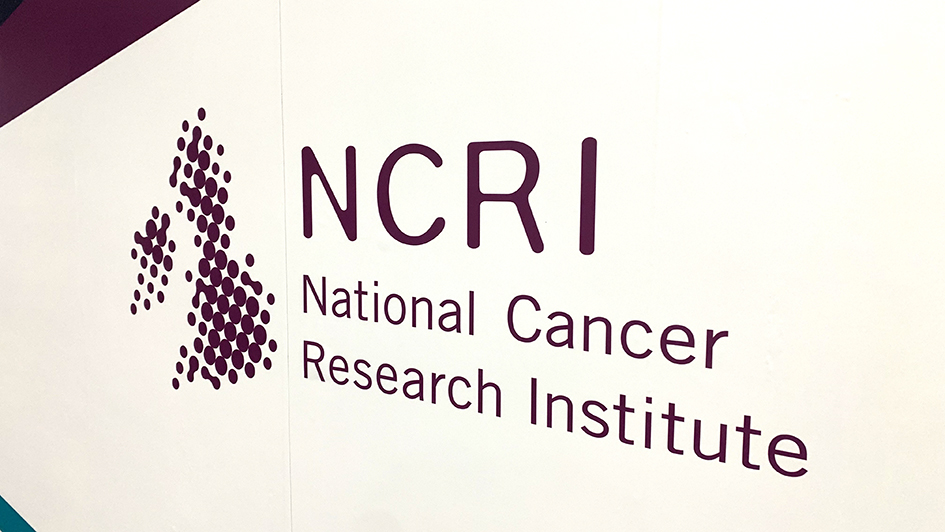
More than ever, the 2020 National Cancer Research Institute (NCRI) virtual showcase will play a crucial role for the cancer research community, bringing together scientists, clinicians, industry experts and patients, to show that COVID-19 doesn't have to stand in the way of keeping connected.
The virtual gathering is taking place over Monday and Tuesday next week, featuring online panel discussions and presentations about cutting-edge innovations in oncology, with opportunities to establish new collaborations to address current challenges in cancer research.
Talks will cover a wide range of topics, including COVID-19 and cancer, artificial intelligence, immunotherapy, and living with and beyond cancer.
The impact of COVID-19
Given the current situation the world finds itself in, it’s understandable that the first few presentations will focus on COVID-19 and its impact on cancer research and care.
Talks will discuss what researchers, clinicians and patients have learned from the pandemic and how they can develop models to predict hospital admissions and severe outcomes in cancer patients with COVID-19 – as well as looking at the impact of the pandemic on surgical outcomes and potential risk mitigation strategies.
Dr Susana Banerjee, Consultant Medical Oncologist at The Royal Marsden and a Team Leader in Gynaecological Cancers at The Institute of Cancer Research, will be one of those presenting a study exploring the impact of COVID-19 on healthcare provision.
The study, known as COVID19-NOW, aims to better understand the experiences of the NHS’s oncology workforce in order to identify factors which might influence their wellbeing, so that support can be offered to them during COVID-19 and beyond.
Living well with cancer
Helping people live well with and beyond cancer is a key concern for the ICR as we seek to discover new smarter, kinder treatments – and this important issue will be explored during the first day of the virtual gathering.
A session on this topic will explore what living with the long-term consequences of cancer entails, with a particular focus on how to help people live well with their cancer, especially those who cannot be ‘cured’.
Talks will be delivered by a variety of speakers, including patients, health professionals such as clinicians, nurses and carers, and policy experts.
Latest research advances from ICR scientists
On the second day of the conference, some of the ICR’s world-leading scientists will be showcasing our new research.
A study led by Dr Maggie Cheang will be presented on Tuesday morning. The study offers new understanding of how resistance to a type of hormone treatment develops in women with the most common type of breast cancer.
Maria Semiannikova, a PhD student in Dr Marco Gerlinger’s Translational Oncogenomics Team, will also be presenting new research, which looks at how bowel cancer avoids immunotherapy.
Finally, the latest results from the DARS trial, managed by the ICR Clinical Trials and Statistics Unit, will also be presented as an eposter. The study demonstrates a new precision radiotherapy technique optimised to reduce the risk of swallowing difficulties, known as dysphagia, in people with head and neck cancer. The technique is known as intensity-modulated radiotherapy (IMRT) and was pioneered at the ICR and The Royal Marsden.
To find out more about these studies, keep watching this space next week, when we’ll be reporting back on ICR research at the conference.
comments powered by